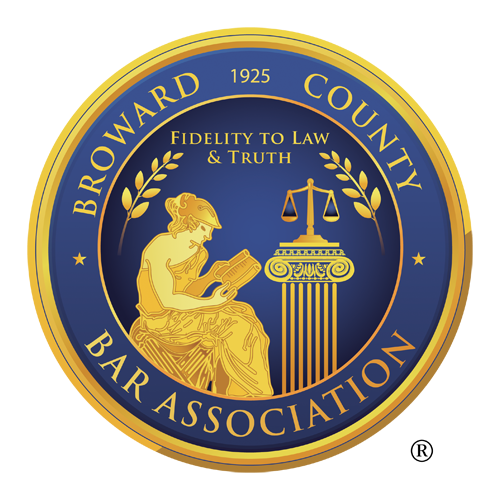
By: Mark Eiglarsh
INTRODUCTION
If you’ve ever watched any police or crime TV show, you’ve invariably heard a suspect being read his “Miranda Rights.” While it makes for great drama, the reality is that those cherished rights are not exactly what you may think.
THE LANDMARK MIRANDA DECISION
On March 13, 1963, Ernesto Miranda, was taken into custody after police suspected him of stealing eight dollars from a Phoenix, Arizona bank employee. During several hours of police questioning, Miranda confessed to his involvement in the theft. Without ever being offered an attorney, Miranda also ended up revealing to law enforcement that about a week and a half earlier, he had brutally kidnapped and raped an 18 year old woman.
Shortly thereafter, the Arizona resident was convicted after a jury trial and sentenced to twenty years in prison. The jurors based their verdict primarily upon Miranda’s confession. Miranda’s appellate attorneys moved to set aside his guilty verdict asserting that police never advised Miranda that he did not have to answer law enforcement officers’ questions.
Influenced by Mapp v. Ohio (1961) and Escobedo v. Illinois (1964), the Supreme Court agreed with Miranda’s attorneys, reversing the rape conviction. The court established what has now become the famous, “Miranda Rights.” The court based its decision on both the interpretation of the Fifth Amendment of the U.S. Constitution stating, in part, that we shall not be compelled to be a witness against ourselves, and on our Sixth Amendment right to counsel. As a result of the decision, statements and/or confessions could not be used in a court of law unless it was first proven that the suspect fully understood their rights and thereafter, voluntarily waived them.
WHEN MUST RIGHTS BE READ?
Under the law, the only scenario under which an arresting officer is required to read an accused his or her rights is when there is a “custodial interrogation.” Custodial interrogation, as defined in the Miranda decision, is “questioning initiated by law enforcement officers after a person has been taken into custody or otherwise deprived of his freedom of action in any significant way.” No warnings are necessary unless both situations exist. When deciding whether a suspect is “in custody,” the issue is whether a reasonable person would believe that he or she was free to leave.
Just because a person is in custody, Miranda warnings are not always required before law enforcement officers lawfully secure confessions. The Fifth Amendment to the Constitution does not bar the admission of “spontaneous statements.” The courts have held that when a suspect initiates the discussion with police, choosing to volunteer the information without police asking questions, the suspect “was not subject to custodial interrogation and was not entitled to Miranda warnings.”
SO, WHAT HAPPENED TO MIRANDA?
Ernesto Miranda was retried after his conviction was overturned by the Supreme Court. In his second trial, his confession was not presented. Nevertheless, he was again convicted of kidnapping and rape based on other evidence. He served eleven years in prison before being paroled in 1972. After his release from prison, he made money by selling Miranda rights cards with his signature on them. In 1976, at the age of 34, he was stabbed to death in a bar fight. The man suspected of killing him invoked his Miranda rights and refused to talk to police. He was released and never charged with Miranda’s murder.
AUTHOR BIO
Mr. Eiglarsh has been practicing law in South Florida for over 26 years. He enjoys an “AV rating” from Martindale-Hubbell, and serves as an adjunct law professor at the University of Miami School of Law, Mr. Eiglarsh serves as WIOD radio’s “Legal Lion” and also provides legal analysis to numerous local and national media outlets. Mr. Eiglarsh recently moved his main office to Broward County. To contact Mr. Eiglarsh, visit www.SpeakToMark.com; email him at [email protected] or call (954)500-0003.
